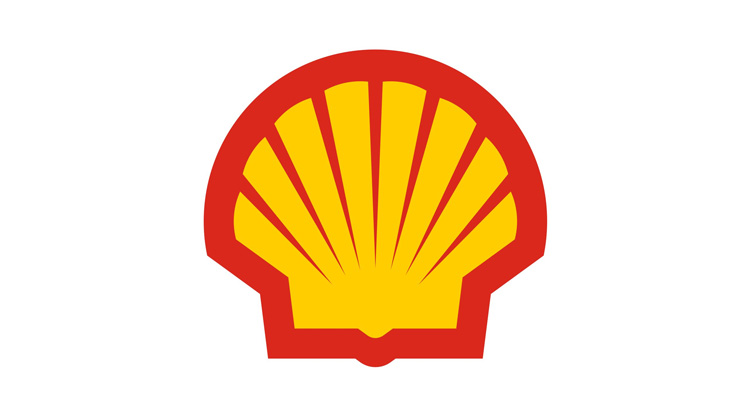Nigeria’s multi-billion-dollar Dangote Petroleum Refinery has crossed another milestone with the successful export of petrol to the United States, even as the facility’s growing global reach has rekindled debates over the viability of the country’s loss-making state-owned refineries.
According to Reuters, energy giant Shell has purchased a cargo of Premium Motor Spirit (petrol) produced by the Lagos-based refinery, marking the second US-bound shipment within weeks. The first cargo, handled by global trader Vitol and North American distributor Sunoco, arrived earlier this month at the New York Harbor. A third vessel is already en route, underscoring the refinery’s rapid emergence as a new player in international fuel markets.
The developments come as Dangote Group’s President, Aliko Dangote, renewed his criticism of Nigeria’s state-owned refineries, describing them as uncompetitive and financially draining. He argued that the Nigerian National Petroleum Company Limited continues to waste resources on obsolete facilities that can neither meet domestic fuel needs nor compete with the 650,000-barrel-per-day Dangote refinery.
The US breakthrough began on August 26, when about 300,000 barrels of petrol departed Nigeria aboard the tanker Gemini Pearl. The cargo was sold by Mocoh Oil, a Swiss-based trading firm working with Dangote on exports, to Vitol, which later resold it to Sunoco. The shipment was discharged at Sunoco’s Linden facility in New Jersey on September 12.
Barely few days later, Glencore sold a second Dangote cargo to Shell. The vessel MH Daisen, carrying the consignment, is expected to arrive at New York Harbor by September 19.
Meanwhile, a third tanker, Seaexplorer, is scheduled to deliver another Vitol-purchased cargo to the same region by September 22.
Though cargo destinations often change based on market conditions, analysts say Dangote’s successful penetration into one of the world’s toughest markets proves the refinery’s ability to meet stringent US fuel standards. For a plant that began operations in 2024 after years of delays, the feat is being hailed as a dramatic shift in global fuel flows.
S&P Global, an energy analytics firm, said the refinery’s exports beyond Africa mark a “new milestone” for Nigerian refining capacity.
While Dangote’s refined petrol is sailing across the Atlantic, Nigerian fuel marketers continue to rely heavily on imports. Data from the downstream regulator revealed that over one billion litres of imported petrol were distributed in June alone.
This paradox has sparked fresh concerns about the country’s fuel supply chain. Nigeria, Africa’s top crude exporter, has for decades depended on imported refined products while selling crude abroad. Dangote’s refinery was meant to reverse this trend, but entrenched interests in the fuel import business remain reluctant to shift.
Aliko Dangote insists his vision is to make Nigeria and Africa energy-independent, turning the continent into a net exporter of petroleum products. However, local petroleum traders accuse him of trying to monopolise the downstream sector, arguing that fuel importation must continue to ensure competition.
Beyond global exports, Dangote has been vocal about Nigeria’s moribund state-owned refineries in Port Harcourt, Warri, and Kaduna. He maintains that these facilities, run by the NNPC, are outdated and structurally incapable of meeting the demands of a market dominated by petrol consumption.
“NNPC’s refineries can never compete because this market is a gasoline market. From every barrel, my refinery gets 54 per cent gasoline, while NNPC can barely achieve 18 per cent. The rest is low-value fuel oil that nobody needs today. The more they operate, the more money they lose,” Dangote said in a recent industry briefing.
He further warned that unless Nigeria creates a business environment where investors can profit, no new private refinery project would emerge. “If we don’t make money, nobody will come into this business. And then you end up with only one supplier because NNPC’s refineries can never, ever compete,” he cautioned.
Dangote also reminded Nigerians that since September 2024, when his plant began producing petrol, exports have reached markets in West Africa, the Middle East, and Southeast Asia, cementing its role as a global supplier.
The NNPC, however, has defended its ongoing efforts to rehabilitate its refineries despite mounting criticism. Company spokesperson Andy Odeh told The PUNCH that detailed technical and commercial reviews are underway to find a sustainable solution for the plants.
“The NNPC is determined to restore its three refineries to full operations. We are carrying out detailed reviews of the Port Harcourt, Kaduna, and Warri refineries to ensure that the solutions we put in place are sustainable,” Odeh said.
Group Chief Executive Officer of NNPC, Bayo Ojulari, admitted that the Port Harcourt refinery, briefly reopened in December before shutting down again in May, was losing as much as N500 million monthly before rehabilitation works stalled.
“When I resumed, I found that we were losing between $300m and $500m every month on refinery operations. Rather than continue to lose, we had to stop and think of how to turn them into sustainable ventures,” Ojulari disclosed.
He compared the state of the refineries to an old car left unused for years, saying years of neglect have made them difficult to revive. Ojulari hinted at bringing in partners to make them profitable but ruled out selling them outright.















